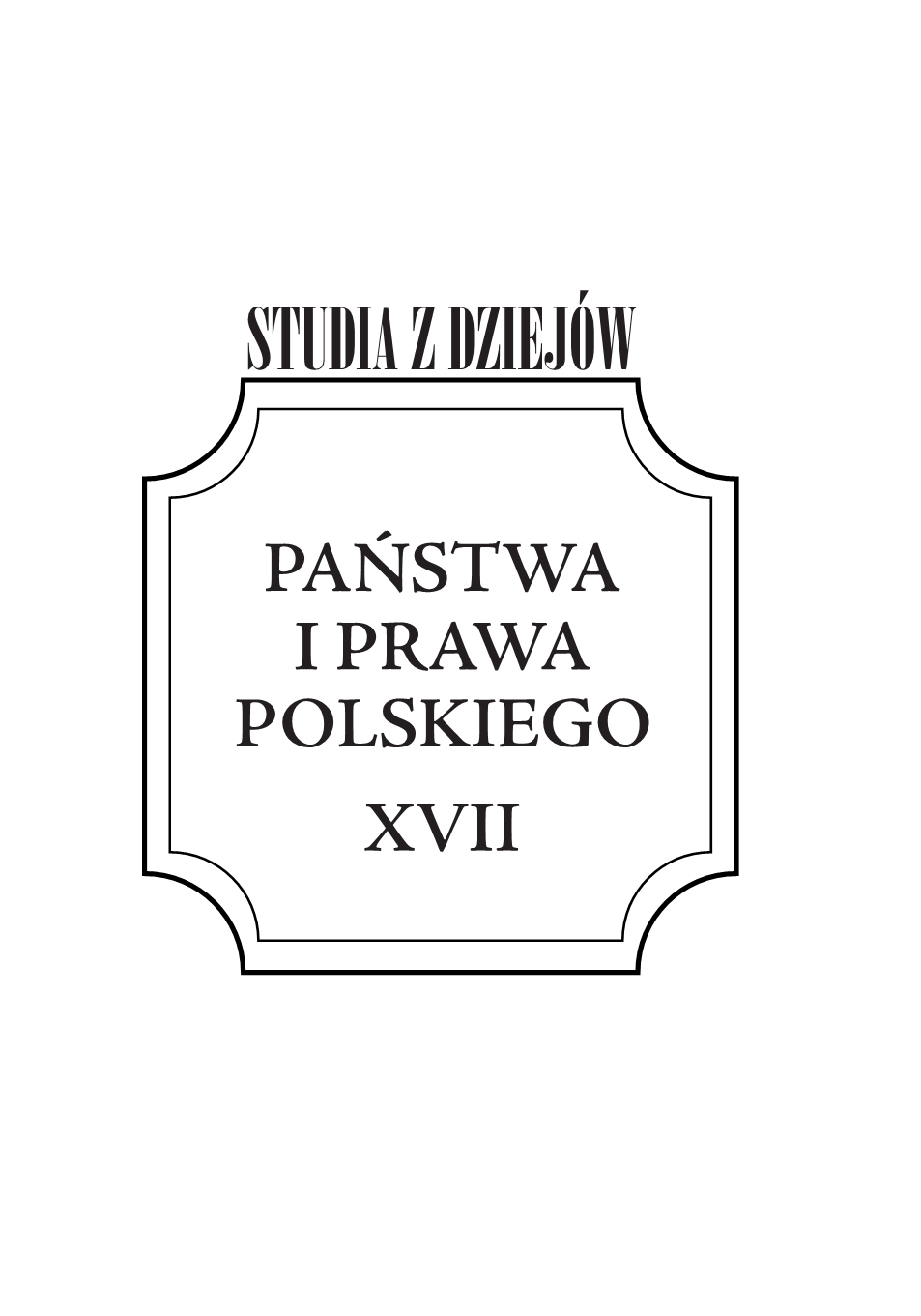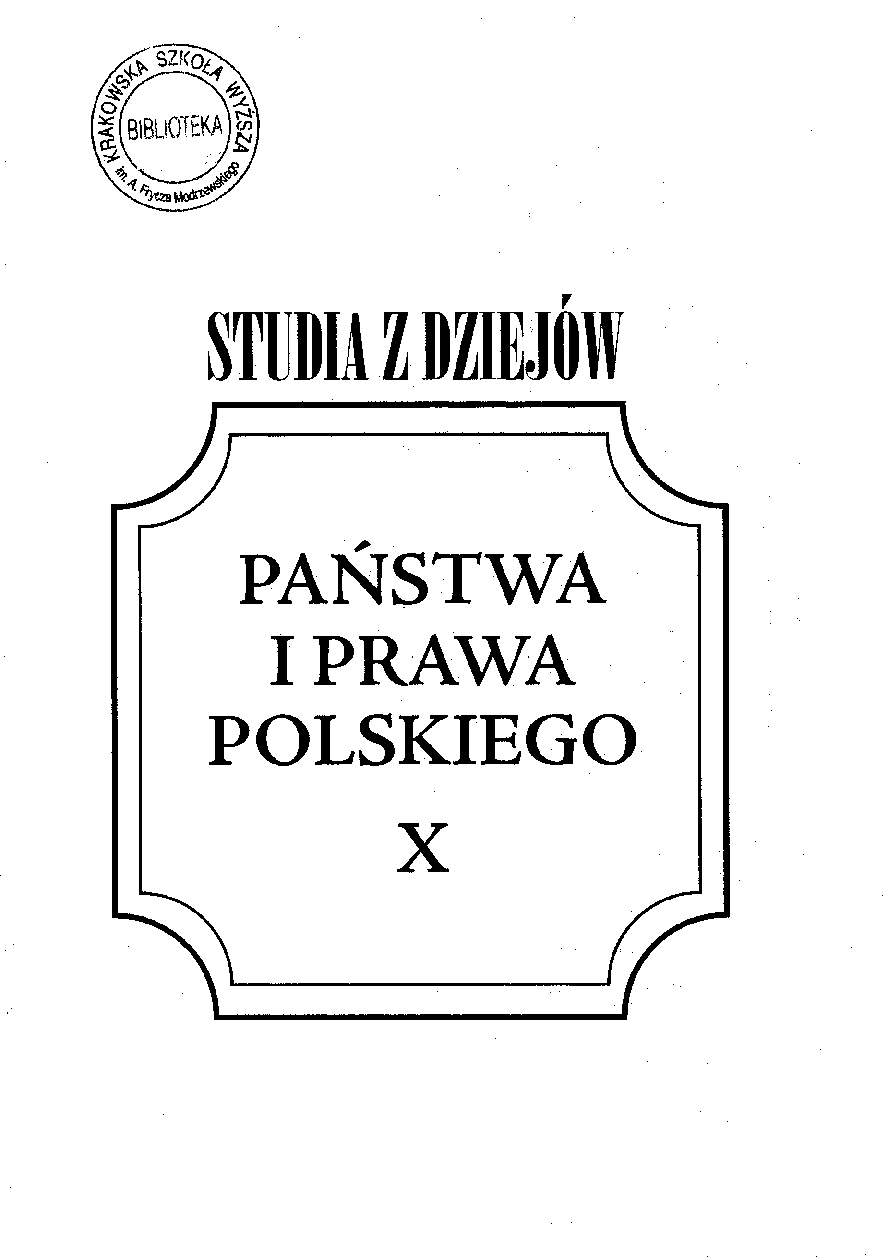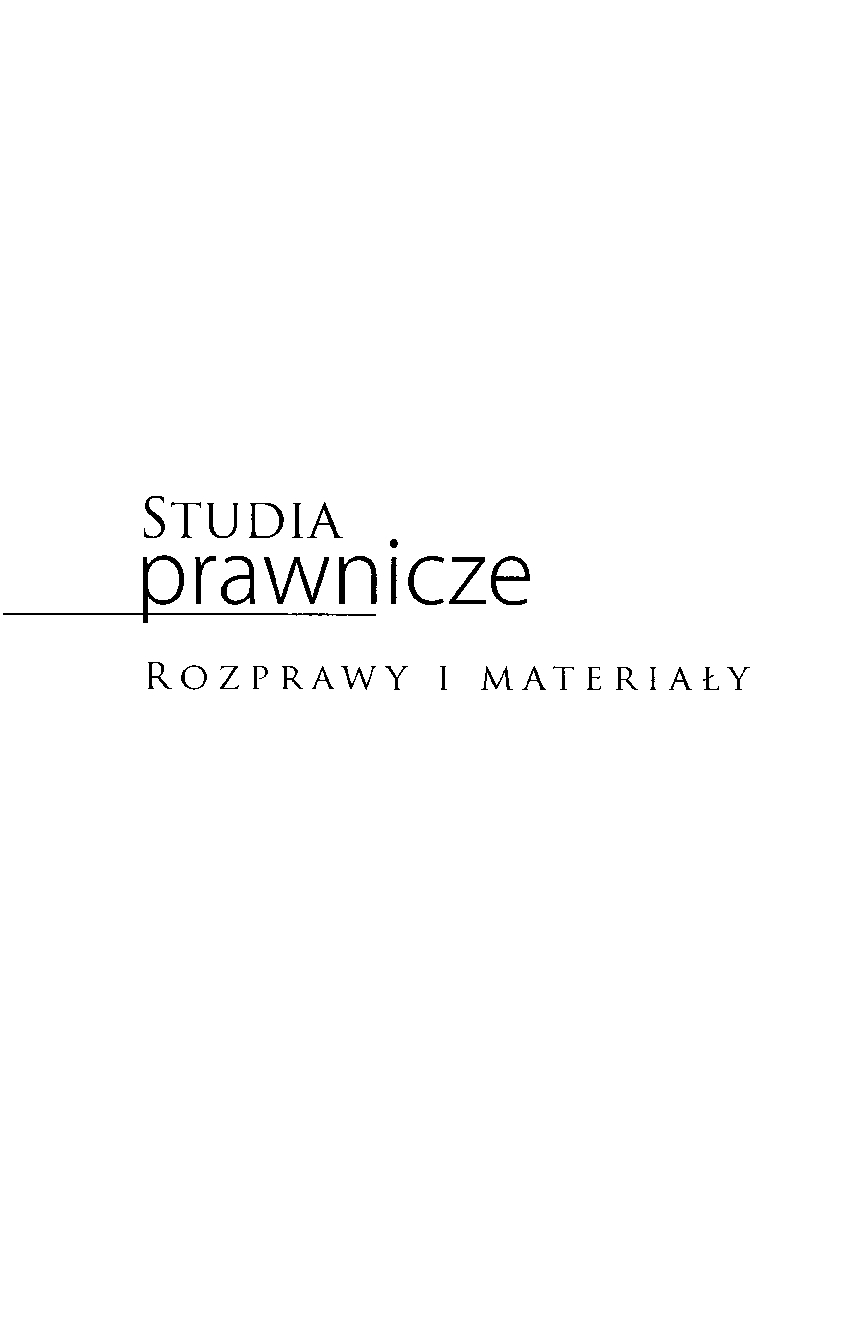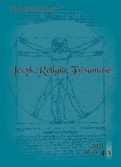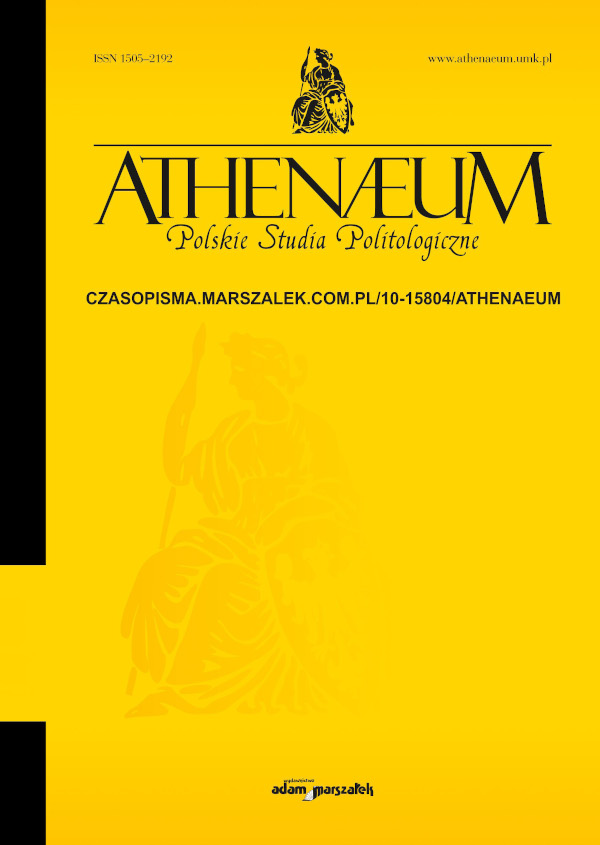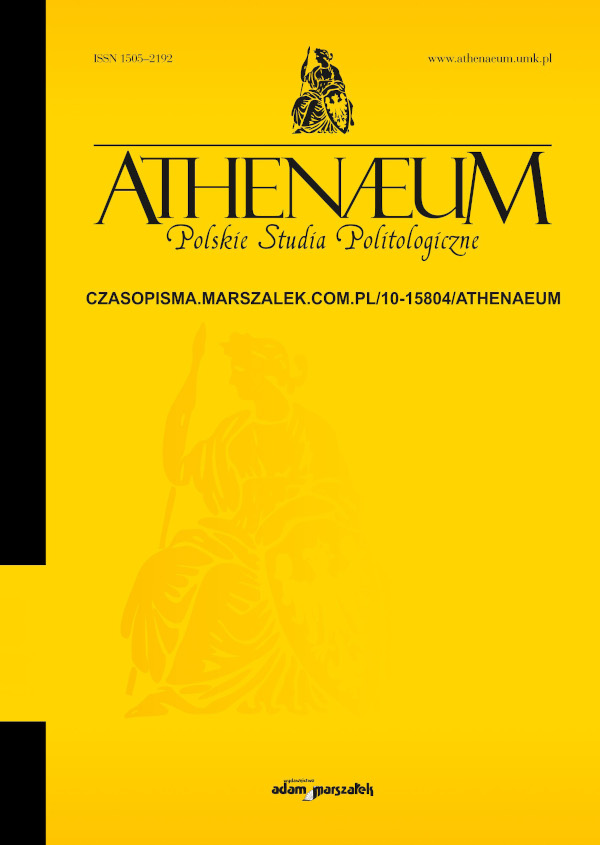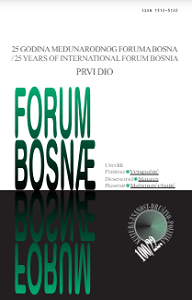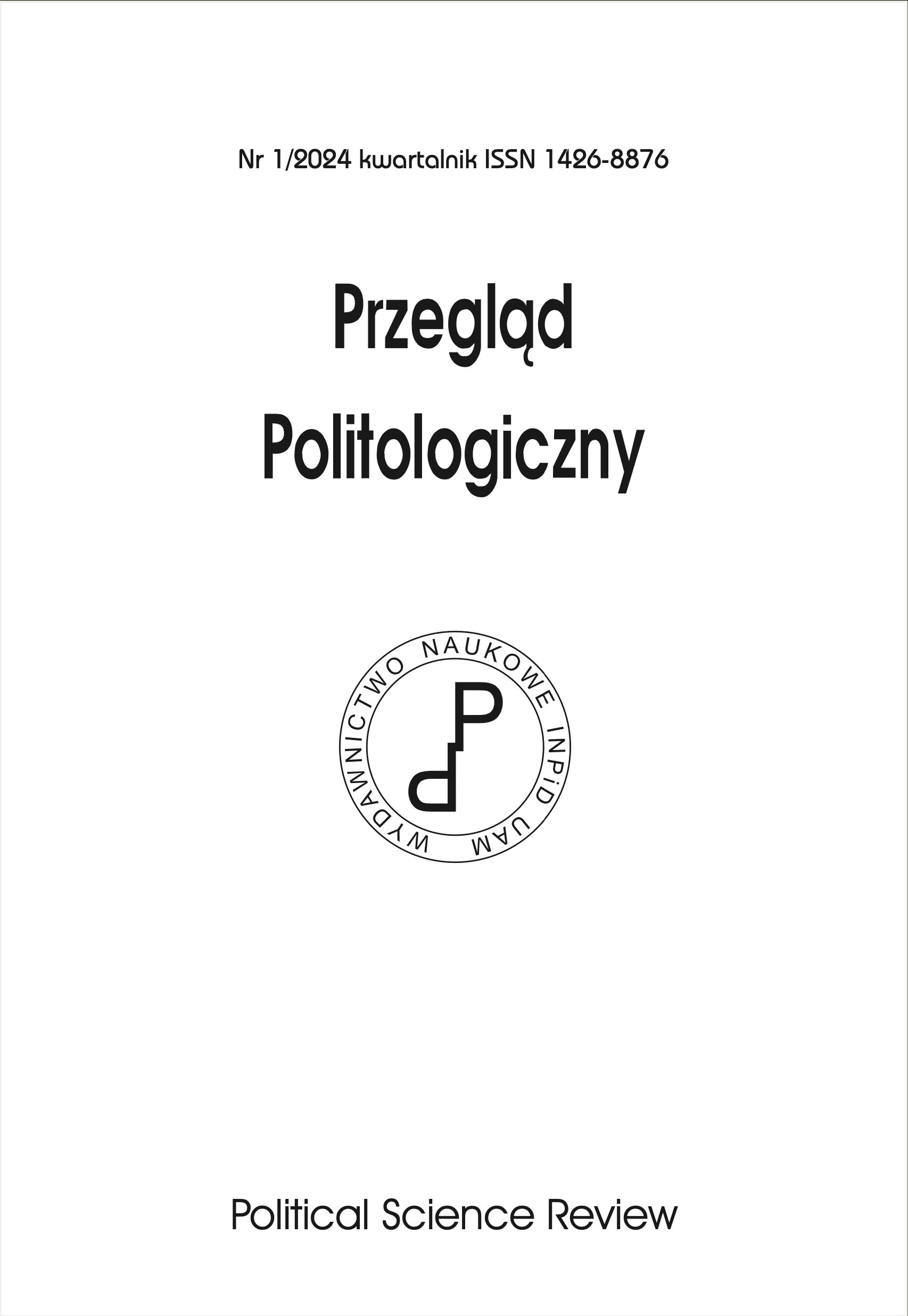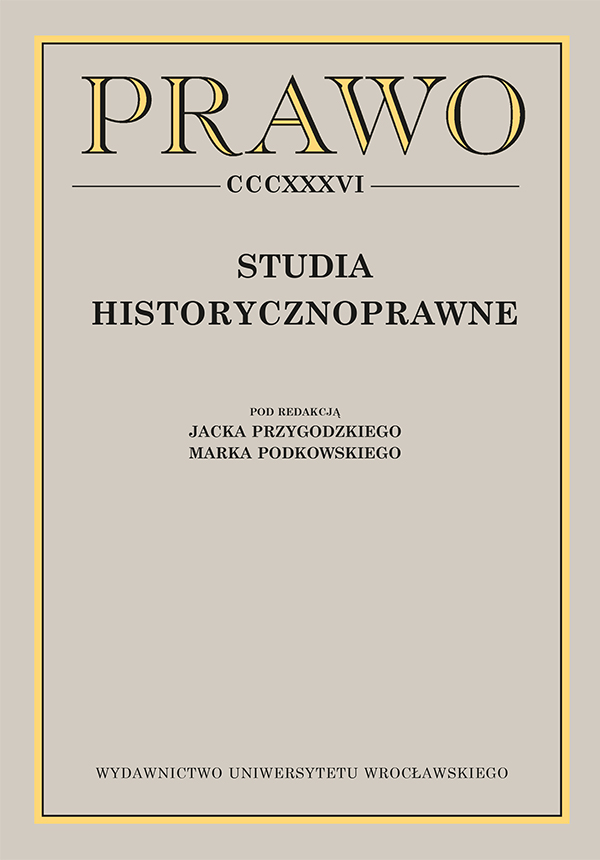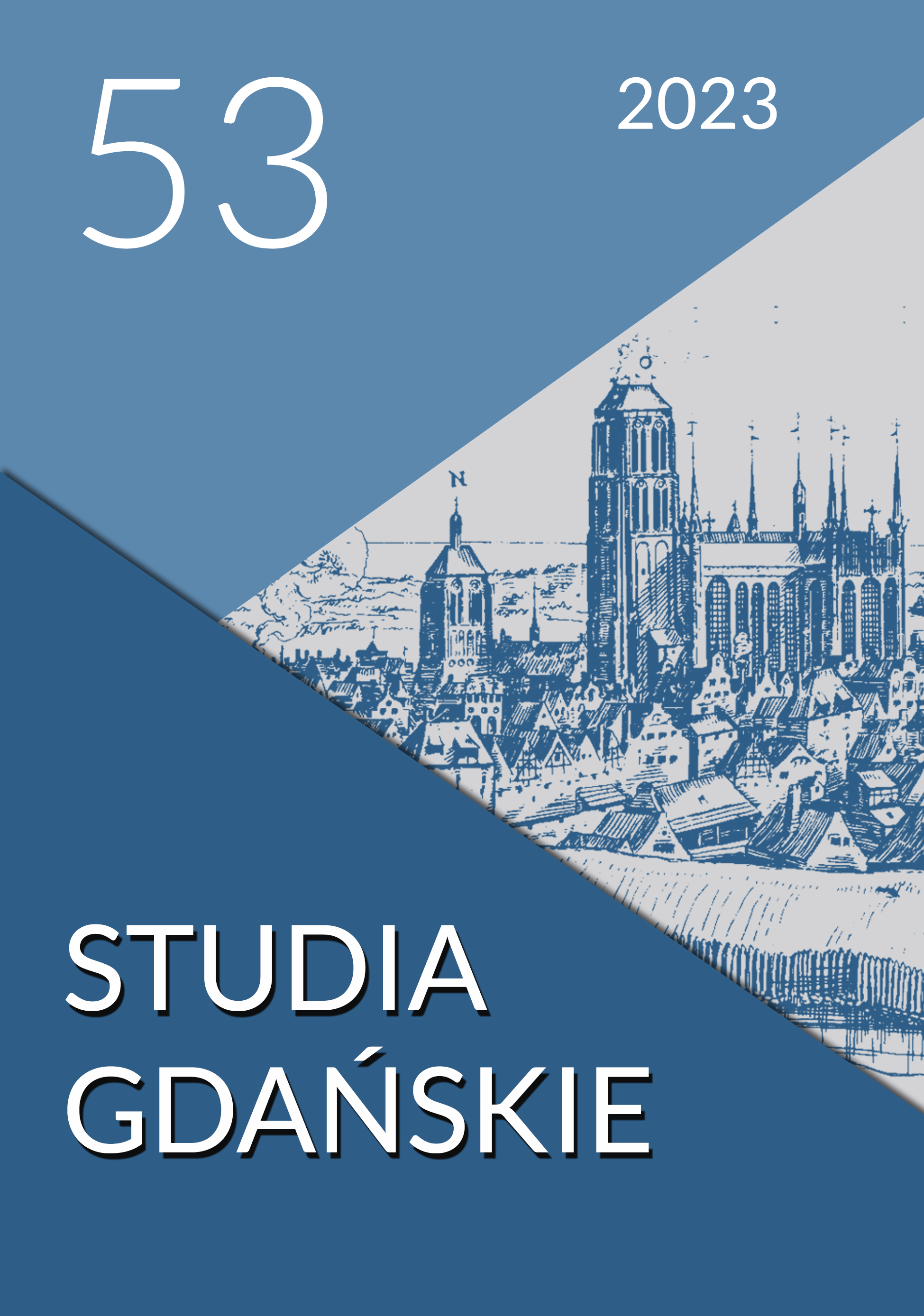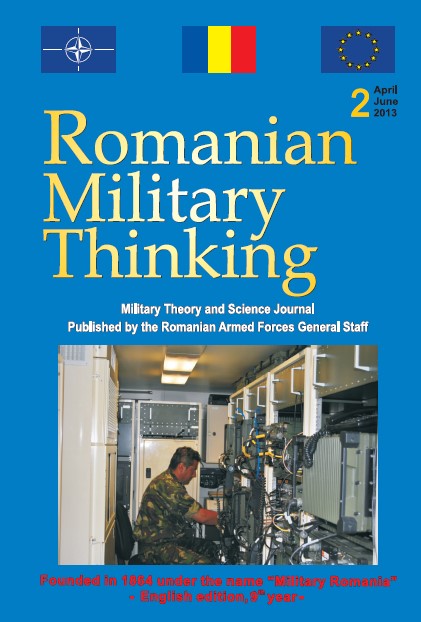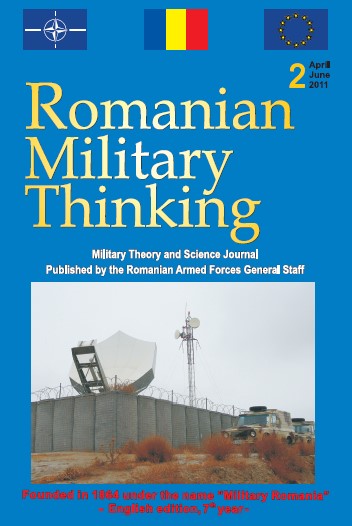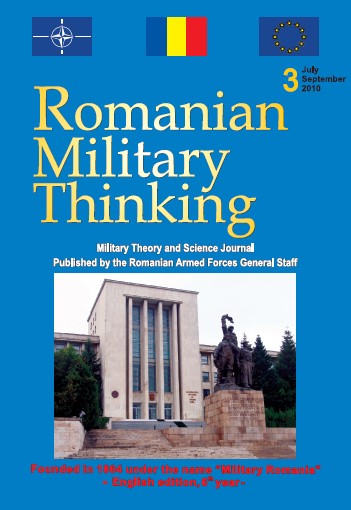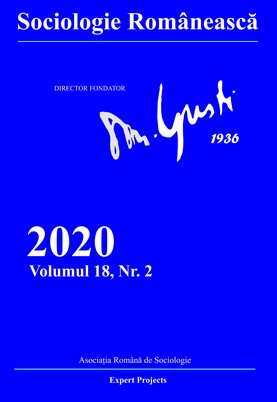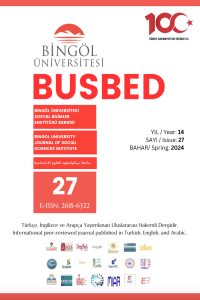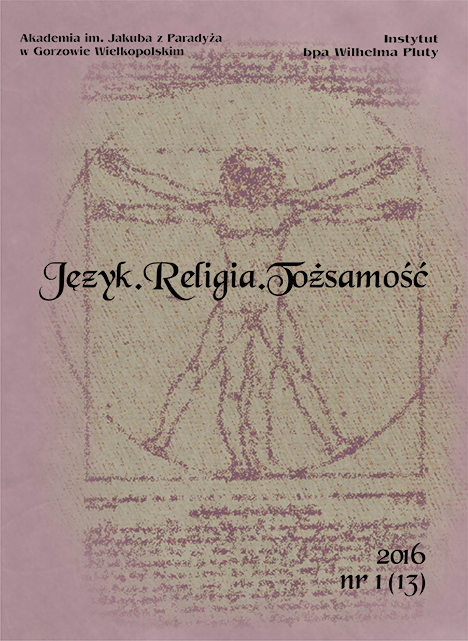
Postawa polityczna biskupa Antoniego Okęckiego na sejmach stanisławowskich
Bishop's addresses to the Parliament, linked closely with the office of Chancellor of the Republic, show his political attitude. Therefore, the analysis concerns activity of the parliaments in the years 1776-1788. There must be assumed on basis of previous research that the bishop was proponent of the King. Bishop Okęcki as Chancellor did not played a great role in matters of state. There could be assumed on the basis of literature that he was rather a religious person (Bishop) than a statesman. Both these functions – religious and secular – did not go hand in hand and were not complementary. Bishop as a modest person could not or did not want to use too much his secular authority for the benefit of priesthood. Although there must be emphasized his involvement in educational matters, especially matter of distribution of pojezuickie wealth for National Education Commission. Okęcki as senator always represented the King's position. His dislike of the Russian ambassador Stackelberg could cause his weak involvement in political affairs and affairs of the State. He often abandoned the pursuit of cases supported by Russian envoy. The surviving correspondence between the Bishop and the King shows that he did not obeyed envoy in all matters. He was very meticulous and careful when it comes to the letter of law and duties of his office. He was very often elected to chair the committee for examining different magistracies because of sitting in Senate of Republic. It must be admitted on the basis of analysis of Seym's diaries that he very well fulfilled his tasks. His statements on issues of control were logic. He often was the promoter of new solutions. An example is the proposal of 1778 to empower Parliament to amend the provisions of the Permanent Council.
More...
